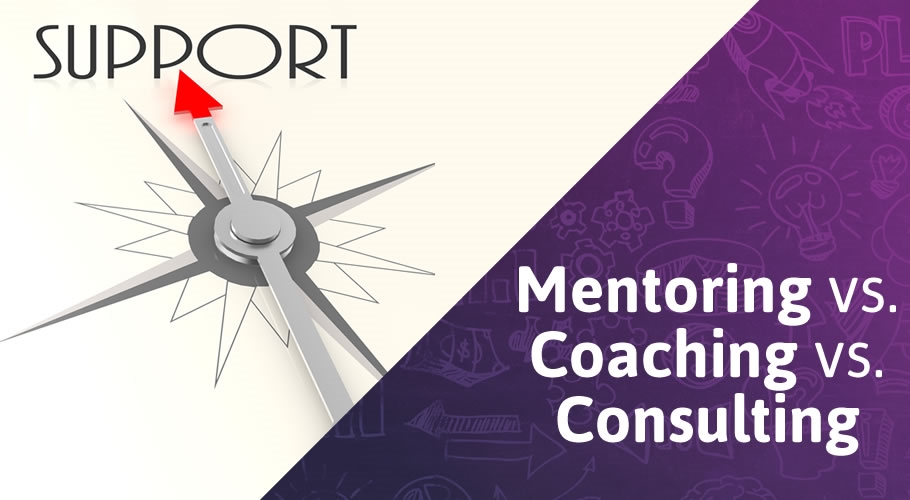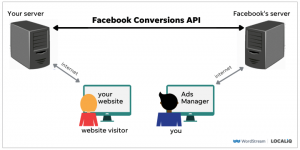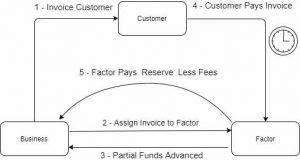Find Your Perfect Fit for Professional Development
Whether you want to expand your small business to another country, kick start your career as an entrepreneur or hone your marketing skills, you may be looking for some outside support.
If you look at top business achievers, you will find one common denominator: They didn’t do it all alone.
High performing entrepreneurs and small business owners know that if they want to truly excel, they need guidance and support. But what’s best for your professional development? A coach? A mentor? A consultant? How do you even begin to choose!
Let’s look more closely at your professional development options:
-
Working with a mentor.
You’re getting someone who’s already walked in your shoes. They are experienced in your field and can help fast-track you along your growth path. They can offer guidance, friendship and support; there is usually a level of personal connection as they serve as a role model to help an individual reach their potential.
This can be super valuable, because it saves you from having to go through a steep learning curve and make a bunch of mistakes along the way.
Some of the advantages include:
- Getting an outside perspective.
Often we are too close and emotionally tied to our business to see what’s truly happening. It can be beneficial to get a bird’s-eye view of your situation. Often, we’re too in love with our work to really know about areas that need a little work. Your mentor will probe to uncover some problem issues that may not be instantly apparent to you.
- Enabling you to reach higher.
Sometimes we do things for other people that we wouldn’t do for ourselves. When you have the accountability of a mentor, you may push harder to reach your goals. Because you know that you have to report your results during your mentorship, it can make you go the extra mile.
- Gaining business experience.
Even if you have years of corporate experience, running your own business is a new challenge. You probably know a lot about your industry, but you may not know enough about running and growing a business.
When you hire someone with experience in creating systems, marketing, delegating and growing a business, it helps you avoid costly mistakes and grow farther, faster. And they often have proven blueprints and templates to boost your results.
- Being your cheerleader.
You probably know that being a business owner can be a roller coaster! Some days you’re on top of the world, and other days you doubt yourself. Maybe you wonder if you should throw in the towel because everything seems to be going wrong. A mentorship can help you stay positive and motivated, so you can keep your business moving forward.
Here’s what one of my mentoring clients had to say about working with me:
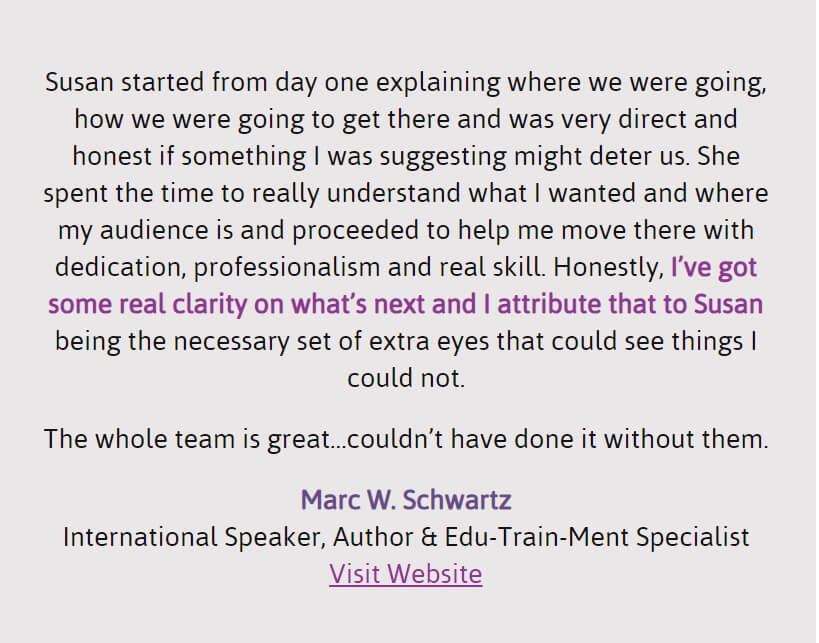
-
Working with a coach.
A coach takes a slightly different approach. He or she serves as an expert guiding you in a very specific area of performance. If you Google “coach” you’ll see results for performance, marketing, financial support, sales, business growth, social media support and more.
A business coach is trained to help you figure out your roadblocks, holds you accountable for your business success and shares their tried-and-true experiences and processes to help you get ahead in your business.
However, it’s important to note that many coaches are self-appointed experts. They may present themselves as highly successful and knowledgeable, but many could just be one step ahead of you. While they may “talk the talk”, you don’t really know if they have the skills or experience to help you succeed.
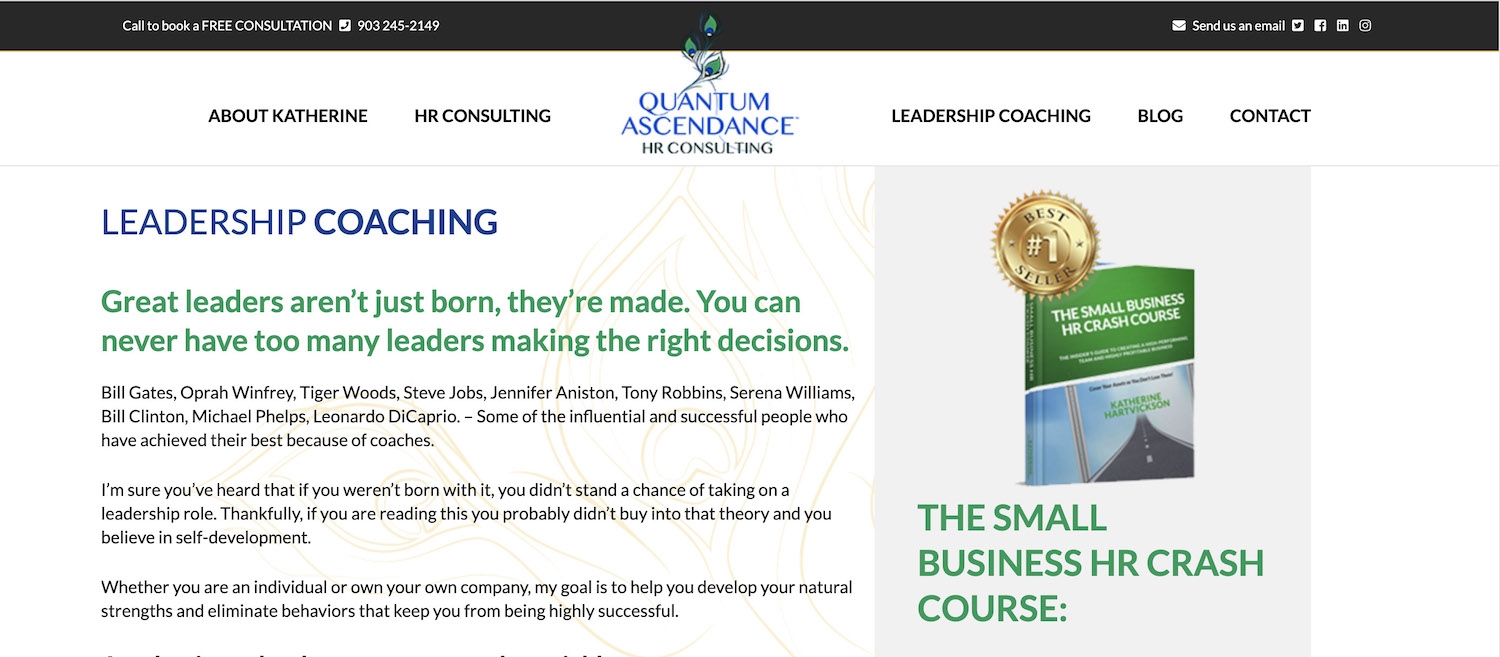
One of my clients offers Leadership Coaching to uncover people’s hidden and natural talents and assess individual skills, capabilities, and/or behaviors that impact them positively and negatively. This helps her clients understand the actions they need to take to move in the right direction to get what they want.
Working with a business coach can help you in many of the same ways a mentorship can, but they’re less of a “friend” and more of a “guide.”
- Hear more objective opinions
- Increase your networking opportunities.
- Lead more strategically
- Develop your personality and leadership style
- Better understand yourself
-
Working with a consultant.
A consultant is often an expert in their field, and provides you with advice. While they may sound similar to a mentor or a coach, consultants don’t work with you to improve your skills or guide you in your professional development. They usually work within your defined metrics and deliverables.
When you work with a consultant, you’re getting valuable advice from someone with niche experience and industry understanding. A business coach or a mentor will encourage you to do your best but a consultant will focus on identifying what you need to do to accomplish your goals.
The most common consulting methods are:
- Strategic Advice: When a business has specific problems, a consultant can create a strategy to solve them.
- Done-For-You Service: Some consultants have a team to support them, so this option makes sense if a small business requires a solution they aren’t skilled in implementing.
- One-Time Training: Say your management team hasn’t been meeting a certain objective. A consultant could offer them training to help them get back on track.
- Ongoing Coaching: You can’t expect amazing results by meeting with a consultant once for four hours. Many small businesses will work with a consultant over months or years on things like a marketing plan or expanding the company globally.
Get The Professional Development You Need
Your unique needs will determine whether you need a mentor, coach or consultant to enhance your professional development. But each one has the power to prevent you from making bad decisions that will leave you in financial distress and conducting self-sabotage to your own success, whether you realize you are doing it or not!
Originally published here.
Business & Finance Articles on Business 2 Community
(61)

